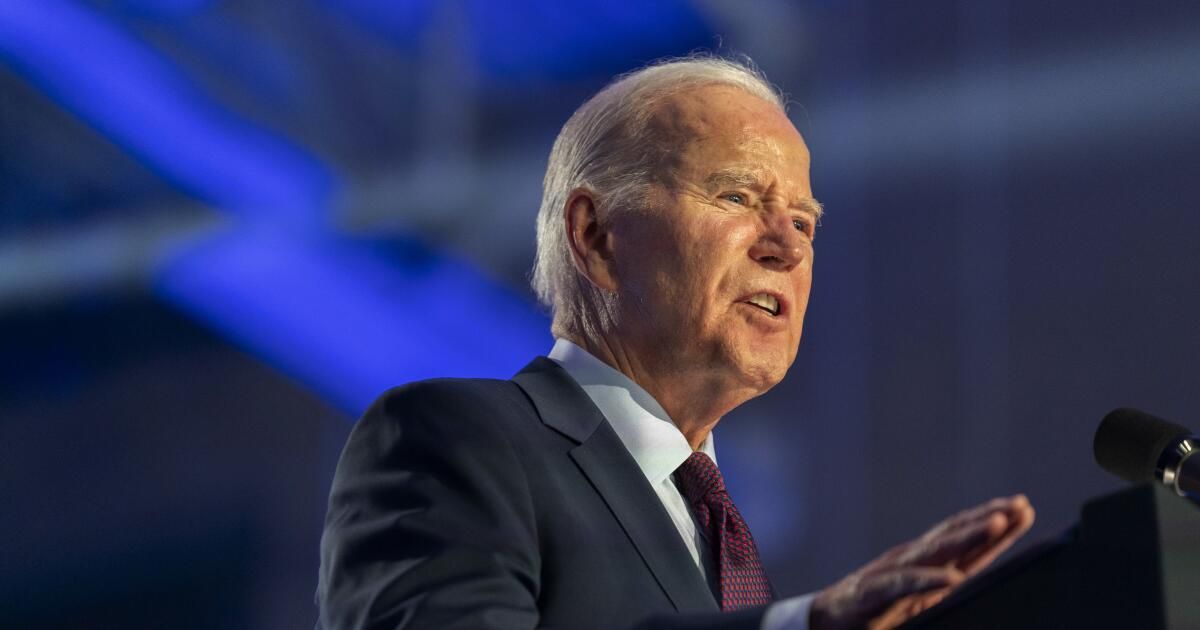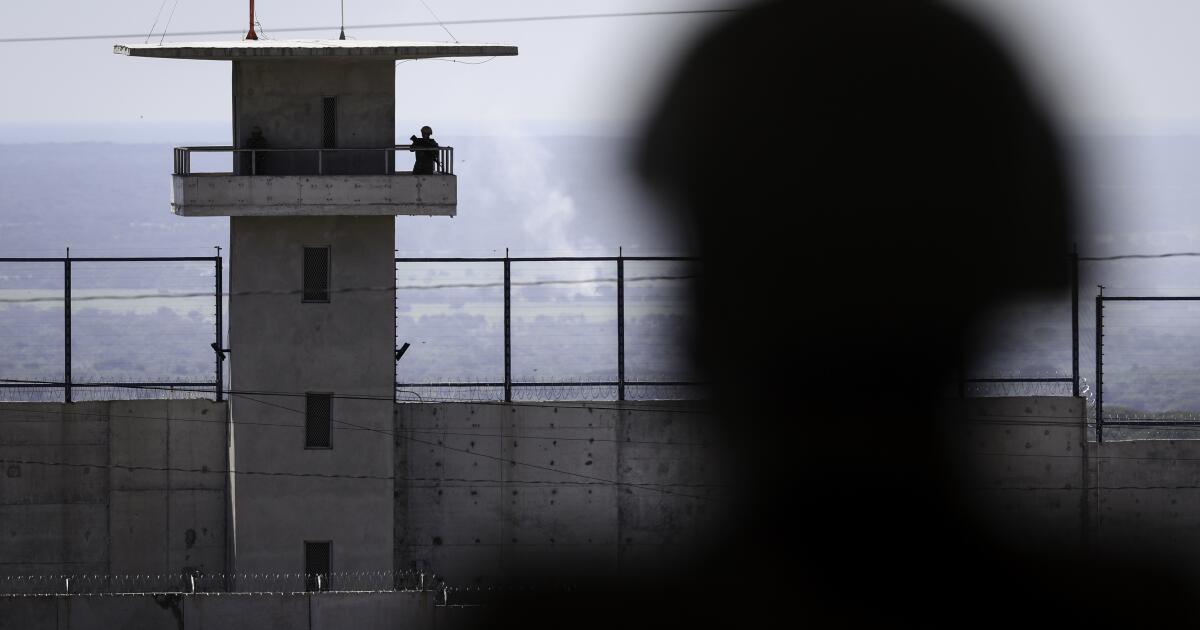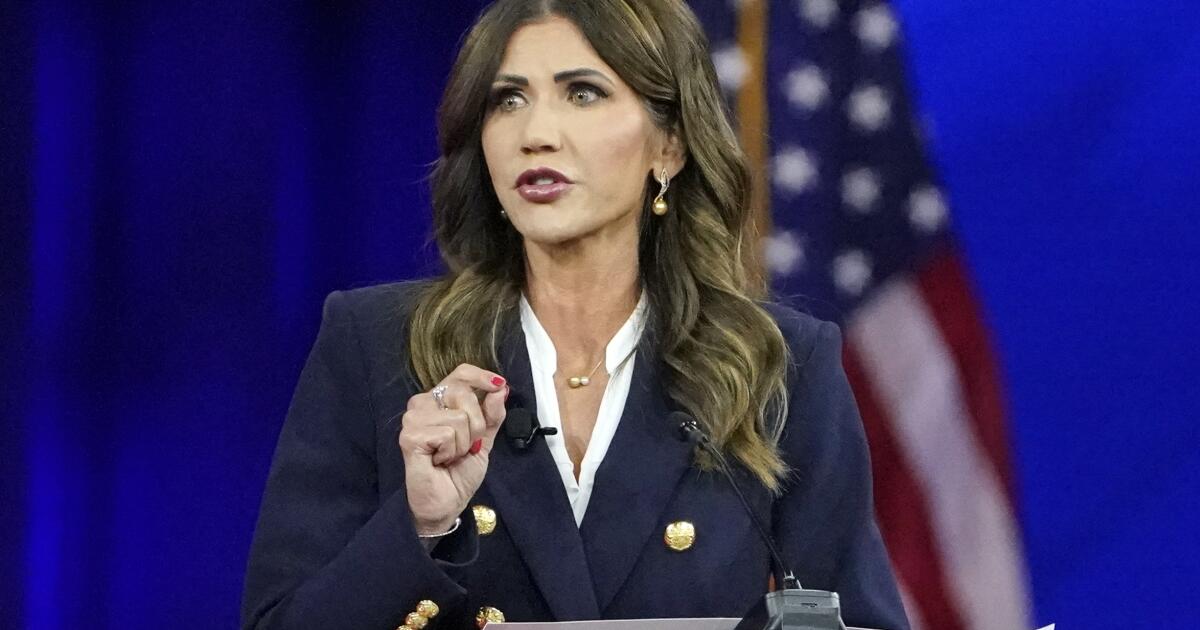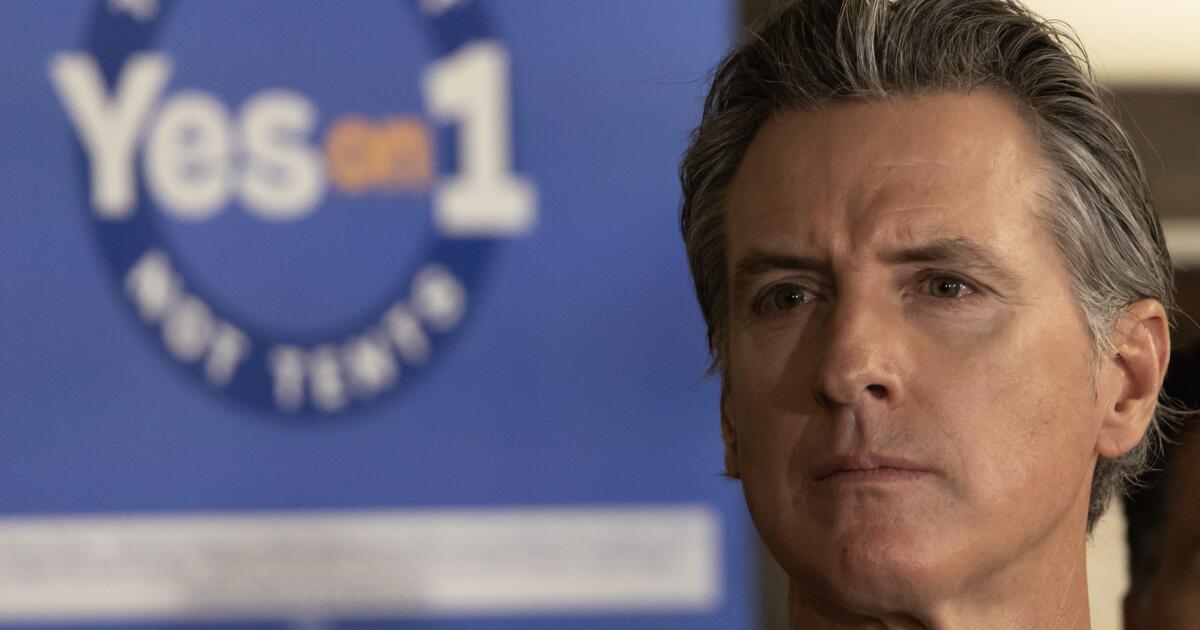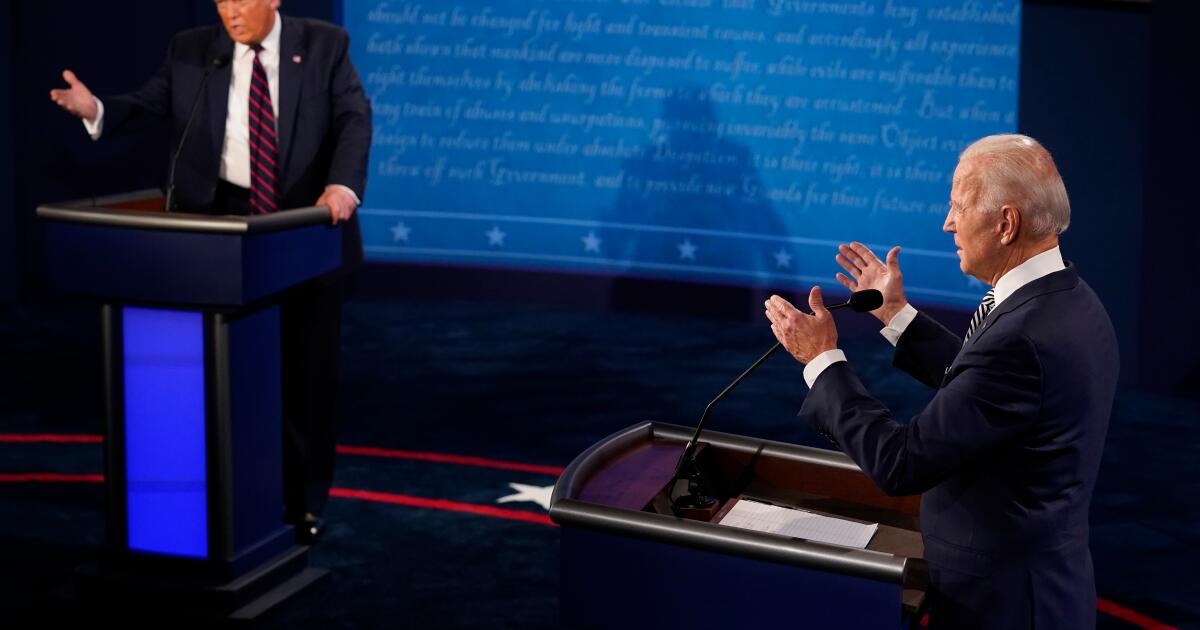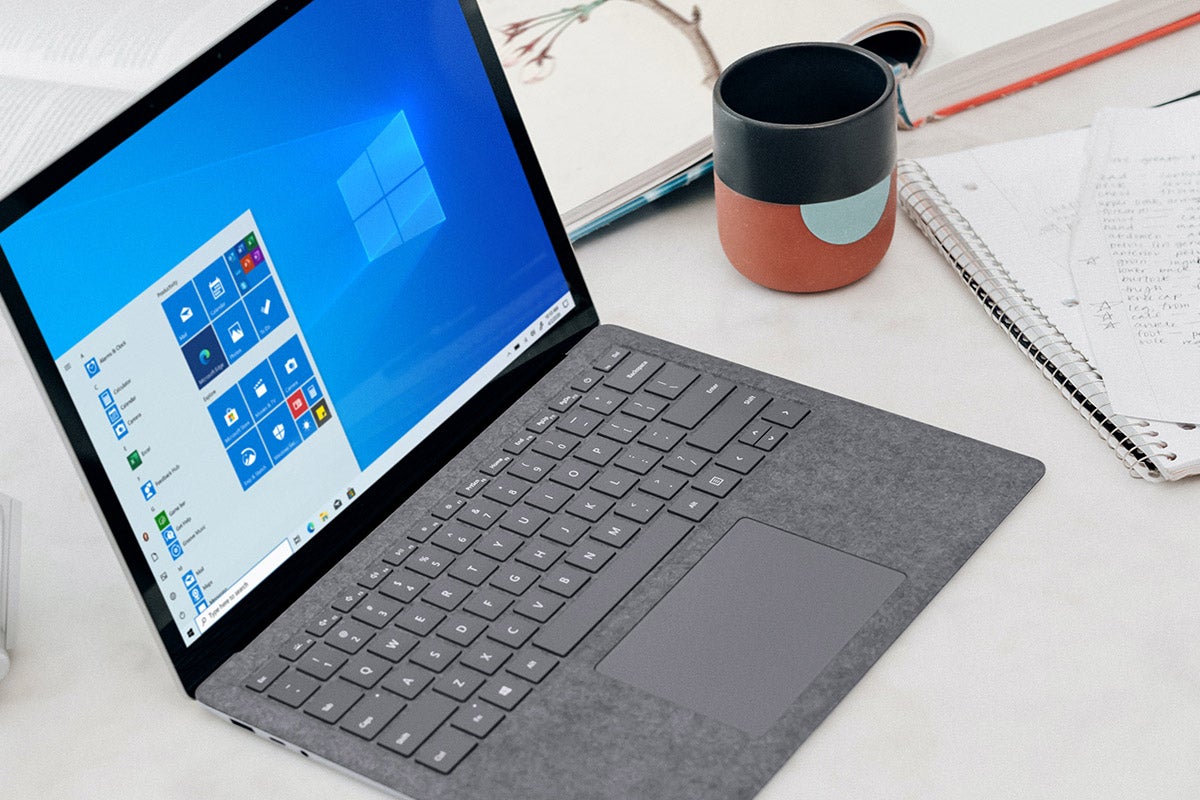Joe Biden is old. Like each of us, he comes from a particular place in history, in his case the LBJ years. And that's one of the main reasons his first term has been so accomplished: his age, often cited as the biggest obstacle to his re-election, is actually his superpower.
There was never much doubt that Third Act, the progressive organizing group for people over 60 that I helped found, would end up endorsing President Biden for re-election. We campaign to protect our climate and our democracy, so the chances of us endorsing Donald Trump, who pulled us out of the Paris climate accords and helped mount the January 6 insurrection, were zero. (Nikki Haley, another reject, strongly backed Trump's withdrawal from Paris.)
Biden, on the other hand, is a scrupulous small-d Democrat. Its climate record is not perfect, but it has helped drive the development of renewable energy, and just last month it showed real courage by standing up to Big Oil and suspending new permits for the export of LNG (liquefied natural gas).
Still, individual political decisions don't explain why members of my organization are attracted to Biden. It's not that we reflexively like older politicians; We take seriously the need to pass the torch to a new generation. But we also don't fire anyone without thinking just because they can collect Social Security. Obviously you lose a step physically as you get older, but the presidency doesn't require carrying couches up the White House stairs. And science is increasingly finding that aging brains make more connections, perhaps because they have more history to work with.
It's the details of that story that really draw us in.
In the first presidential election in which Joe Biden had the right to vote, Lyndon Johnson defeated Barry Goldwater. History remembers LBJ's presidency as chaotic due to his tragic adventures in Vietnam, but in other ways it was notable. His Great Society echoed Franklin Roosevelt's New Deal (FDR was Biden's childhood president). Under Johnson, the federal government took ambitious steps to promote civil rights, control poverty, attack disease, beautify human and conserve natural landscapes, and promote science: these were the years of the Apollo space program. Not all of the projects worked, but many have lasted: Medicare, Medicaid and food stamps, for example.
So Biden was socialized into an era when government took on big causes, and this can be seen in his commitment during his first term to rebuild infrastructure on a massive scale, driving a new sustainable energy economy with billions of dollars. for solar panels and battery factories. , dramatically increasing the number of people with health care and advocating for gun control, voting rights and reproductive rights.
This propensity to go big is different from that of his immediate predecessors.
Barack Obama voted for the first time in the Carter-Reagan election of 1980, a landslide victory for Reagan that repudiated an active role for Washington in domestic politics, replacing it with the idea that government was the problem and that the free market solves all problems. Reagan's triumph was so complete that it altered the boundaries of our political life for a long time: when Obama, at the end of his term, was asked why, even with 60 Democratic senators at his inauguration, his political achievements ( except Obamacare) had been relatively modest, he cited a “residual willingness to accept the political limitations we had inherited from the post-Reagan era. … There was probably an adoption of market solutions for a lot of problems that was not entirely justified.”
Biden simply doesn't have that residual Reaganism; its political composition was formed before the Reagan revolution. He noted a booming economy during the Johnson years that narrowed the gap between the poor and the rich. Reagan's economic boom benefited the rich. Now Biden is back in LBJ mode and the gap, for the first time in decades, has begun to narrow again.
What are Trump's political influences? What presidency could be his model? He had to vote for the first time in 1968, in the confrontation between Hubert Humphrey and Richard Nixon. He did not inherit any of Nixon's few good qualities (for example, he founded the Environmental Protection Agency). Trump seems to have mostly adopted Nixon's endless sense of victimhood, not to mention his willingness to break the law in his own name.
Commitment to the principles of the New Deal and the Great Society—to the idea of America as a group project, not a series of isolated, individual efforts for personal advancement—is what we desperately need. Leaving all important decisions in the hands of the “market” has left us on a planet with melting poles and cartoonish levels of inequality.
Johnson, of course, was not re-elected; With the Vietnam War in full swing, he didn't even run. Biden seems to have remembered that too, with his frank decision to finally get us out of Afghanistan. Now Gaza may be the kind of inhuman quagmire that could yet bring him down.
That would be a shame, because if given another four years, Biden might well be able to restore confidence in an America that has turned so destructive against itself.
Age matters. My cohort agrees. Why did Biden believe he could do what he did in his first term? Because he had seen it done. Let us hope that the politicians of the future will closely follow his successes.
Bill McKibben is a Schumann Distinguished Scholar in Environmental Policy at Middlebury College and founder of Third Act.

